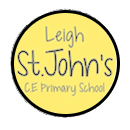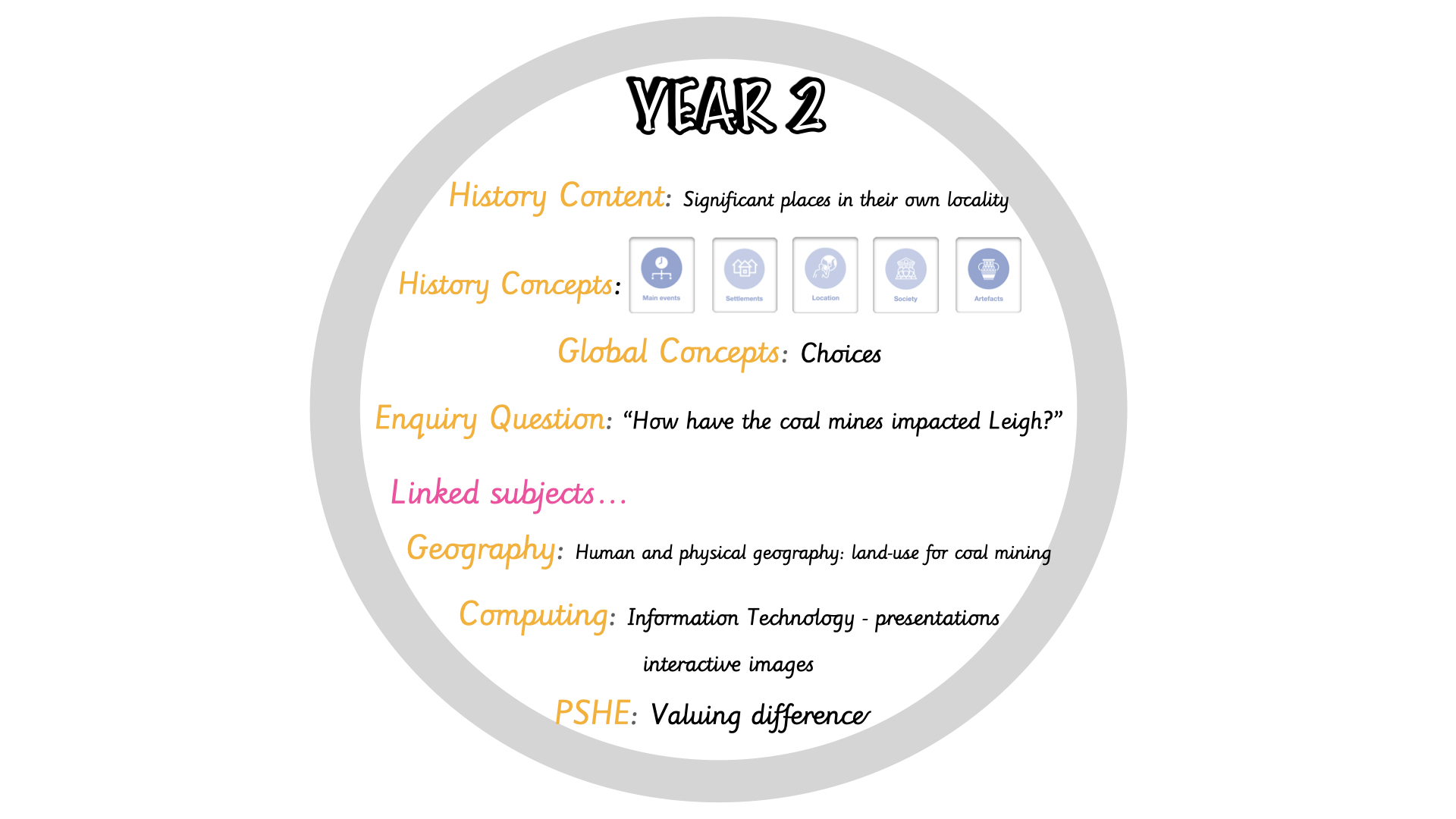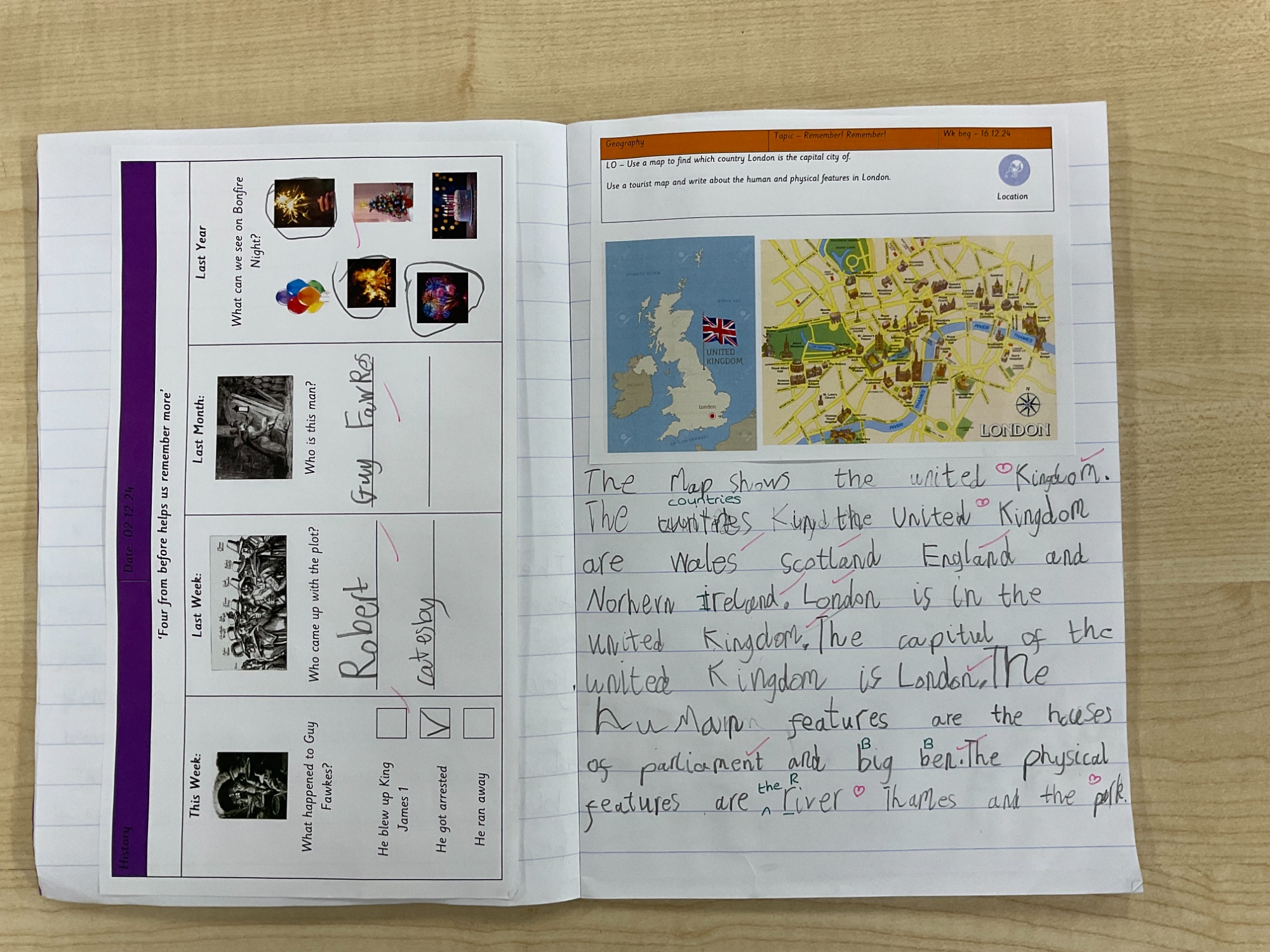Curriculum
“Education is not the learning of facts, but the training of the mind to think.”
Albert Einstein
At Leigh St. John's C of E Primary School we believe that the purpose of education is to bring about goodness: human flourishing. We believe that to do this, our curriculum should be broad and balanced; it should build knowledge, encourage independence, curiosity and creativity; produce collaborators, innovators, leaders and, above all, it should help our children to understand what it means to be a 'decent human being'.
Our curriculum is knowledge rich and underpinned by a very clear intent: it is designed to prepare pupils well for their future education and life, 'Learning today for a brighter tomorrow'. All aspects of the curriculum have been designed with progression in mind; this ensures that children build on existing skills and knowledge, which, over time, enables them to know more and remember more.
Our curriculum encompasses high academic achievement alongside the outstanding personal development of pupils. This encompasses their spiritual, moral, social and cultural development.
Our Concept CurriculumOur curriculum has been designed to take account of the research around cognitive science and making learning stick; we have considered ways to make what is taught more meaningful and long-lasting for our pupils. Our curriculum continues to be organised around topics. The knowledge we intend pupils to learn within a topic is organised into a schema with subject content grouped by concepts. History, Geography, Art and Design and Design Technology are subjects through which we teach the key knowledge and skills via subject-specific concepts. Specifically, the key knowledge and skills pupils learn in history are taught through the nine recurring concepts: settlements, beliefs, cultures and past times, location, food and farming, travel and exploration, conflict, society and artefacts. These concepts, which are encountered by children again and again with spaced repetition and in various contexts, enable pupils to knit together key knowledge. This approach supports children to remember what they have learnt, understand it and use it to make sense of their world. Teachers, through their planning, pull together subject content into topics that begin with a philosophical enquiry question; for example, how have the coal mines impacted Leigh? This is also connected with an overarching global concept/big idea; for example, ‘choices’. This approach allows for the explicit teaching of disciplinary knowledge whilst at the same time unpacking the ‘big ideas’ which prepare children to take up their place in today’s world.
|
How do we get learning to stick?Ultimately, through our curriculum design, our aim is to make knowledge powerful and lasting by connecting it through concepts. Long-term retrieval opportunities are created by revisiting topic books beyond the term in which a given subject is being studied. Additionally, online learning programs with built-in quizzes are used at spaced intervals between topics to provide retrieval practice for pupils. Retrieval practice techniques – including no-stakes quizzes, show-me boards and last 4 – are planned for lessons and structured so that children are given the opportunity to recall key elements of content, ensuring that it is further embedded in long-term memory. The importance of vocabulary
Central to our curriculum design is the importance we place on vocabulary development because we believe that rich and extensive vocabulary aids the understanding of knowledge and the transfer of powerful knowledge to new contexts. We aim, through the delivery of our curriculum, to support pupils to be agile and flexible with new vocabulary so that they are able to articulate complex ideas.
|


